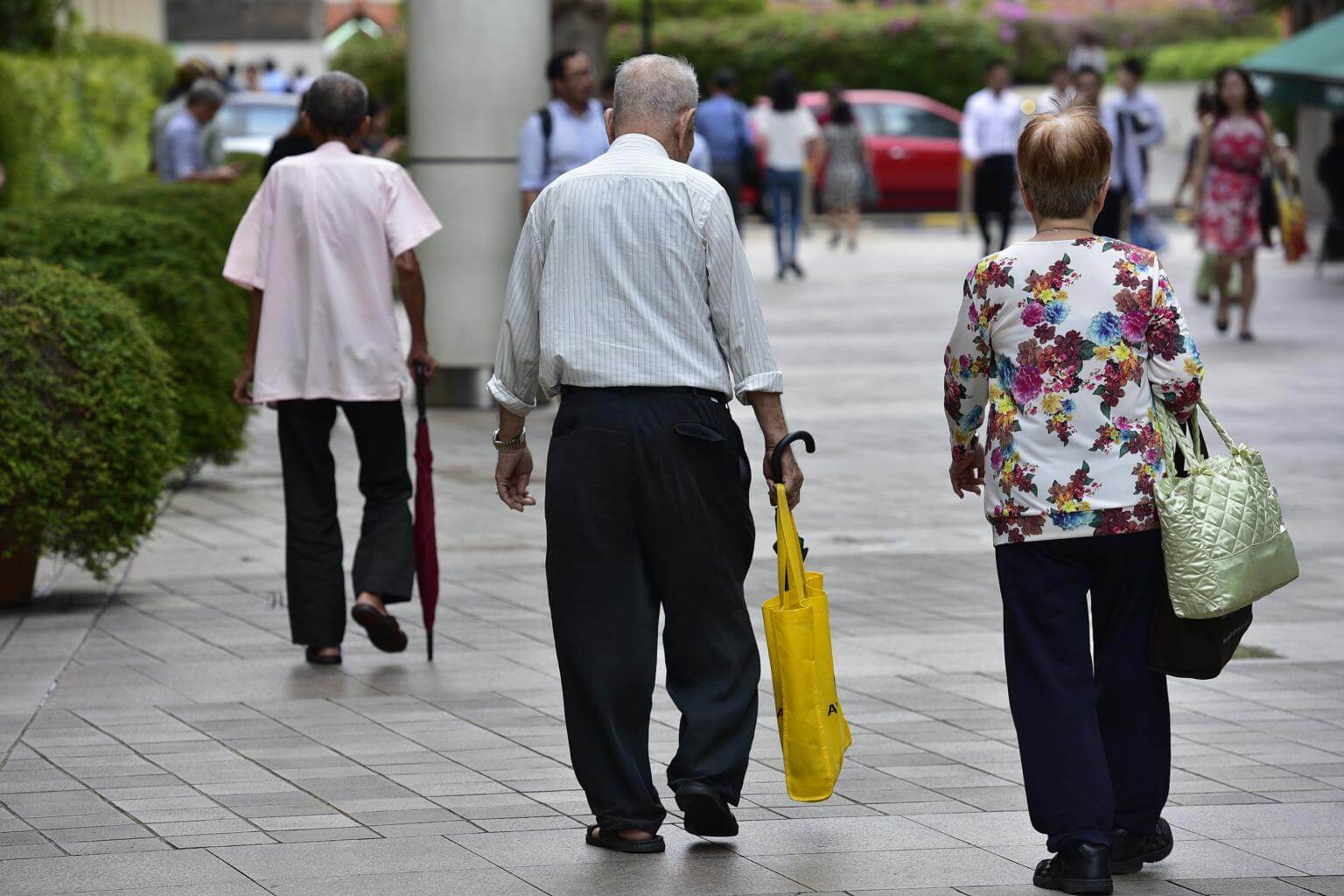3 in 4 with dementia feel lonely, rejected: Survey
People with no links to condition show highest stigma levels
Sign up now: Get ST's newsletters delivered to your inbox

One in 10 people aged above 60 in Singapore has dementia, according to the Institute of Mental Health, with the condition affecting half of those above the age of 85.
PHOTO: ST FILE
The first national survey on dementia in Singapore has found that a majority of people with the condition experience rejection, loneliness and shame, and feel less competent.
Three in four patients feel lonely and rejected, according to the survey conducted by Singapore Management University and the Alzheimer's Disease Association (ADA).
About 56 per cent of respondents feel people treat those with dementia as less competent, according to the findings released yesterday.
Nearly 30 per cent of caregivers feel embarrassed while caring for their loved ones with dementia in public. But 90 per cent of them do not think people with the condition are less competent.
More than 5,600 people, including those with dementia, caregivers and the public, participated in the study.
Of the respondents, 32 were dementia patients, 1,156 were caregivers, while 4,491 were not related to dementia patients.
The study was conducted in January over five weeks.
-
56%
Proportion of 5,600 polled who feel that people treat those with dementia as less competent.
In terms of stigma levels, the results show that, unsurprisingly, those who hold no connection to dementia have the highest stigmatic attitude, according to ADA.
This group is followed closely by persons with dementia, with one in two feeling ashamed of their condition, citing stigma as the main reason.
Among the public, men are significantly more stigmatic than women. Baby boomers (aged 70 and above) are the most biased, followed by millennials (aged 21 to 39) and then Generation X (aged 40 to 69).
Said ADA chief executive Jason Foo: "Stigma affects more than just the quality of life for persons with dementia and their families. It really emphasises that we should use the right type of language, show more empathy for persons with dementia and their caregivers and aim to integrate persons with dementia into society by building dementia-friendly communities to support them."
Dementia is an umbrella term that describes a wide range of symptoms associated with mental decline, such as memory loss and decline in reasoning and judgment. Alzheimer's disease is the most common type of dementia.
One in 10 people aged above 60 in Singapore has dementia, according to the Institute of Mental Health (IMH), with the condition affecting half of those above the age of 85. This translated to an estimated 82,000 cases locally last year, according to IMH. The number is expected to be between 130,000 and 140,000 by 2030.
The study reinforced the need for more dementia education and awareness. More than half or 57 per cent of the public rate themselves low in dementia knowledge and feel uncomfortable interacting with persons with dementia, with almost 44 per cent feeling frustrated about not knowing how to help them.
However, nearly eight in 10 of respondents want to do more to improve the lives of persons with dementia. A total of 73 per cent think that this group can still enjoy life and that more can be done to improve their quality of life.
"We need to strive towards changing the mindset of society and break stereotypes," said Mr Foo.


